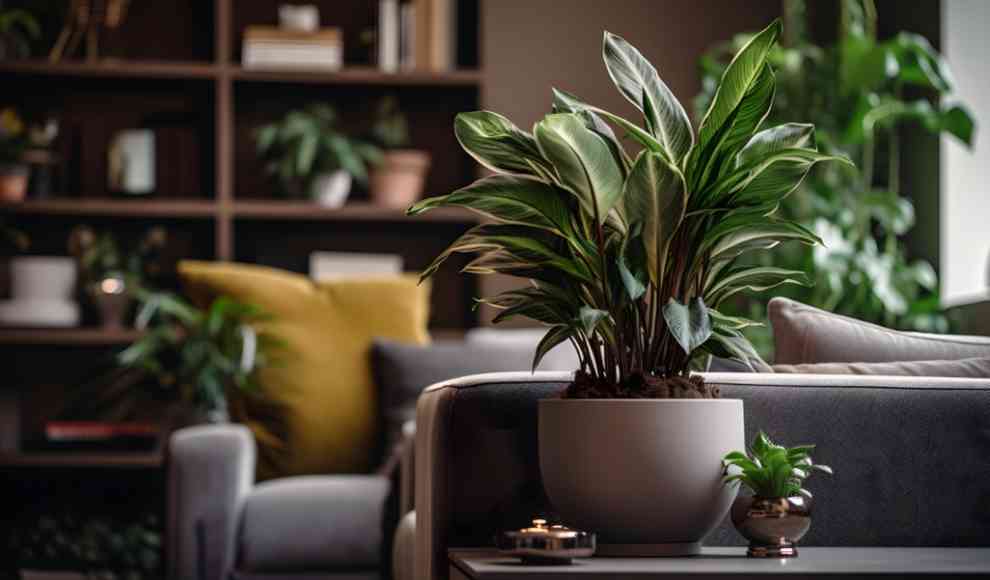The Power of Nature in Our Living Spaces: Plants Filter Toxins and Improve Air Quality
Plants are more than just decorative elements in our homes and offices. They play a crucial role in improving indoor air quality and can even help reduce the risk of cancer. A recent study conducted by the University of Technology in Sydney and plant company Ambius found that indoor plants can filter up to 97% of toxic fumes from the air, including benzene vapors that are linked to cancer.
The researchers set up a “green wall” system, where multiple small plants such as spider plants and dragon trees were stacked on top of each other. This plant wall was then exposed to environmental toxins in an airtight chamber. The researchers found that the plants were able to remove these toxins from the air by 97% in just eight hours. This impressive result highlights the important role that plants can play in improving indoor air quality.
It is known that plants can improve indoor air quality, but this study is the first to show that they can even filter out benzene vapors. This is particularly relevant as offices and apartment buildings are often equipped with underground garages or located near major roads where many of these benzene vapors are released into the environment. The World Health Organization estimates that poor indoor air quality is responsible for 6.7 million premature deaths annually. People spend 90% of their time indoors, whether at work, in the bedroom, or on the couch. Here, the air is often worse than the fresh air outside.
The researchers found that the more concentrated these toxins were in the air, the faster and more effectively the plants filtered these toxins. Plants adapt to the conditions they are surrounded by, underscoring the importance of plants as an essential part of our decor for our own health. By incorporating indoor plants into our living spaces, we can improve air quality and reduce the risk of health problems associated with poor indoor air quality.










